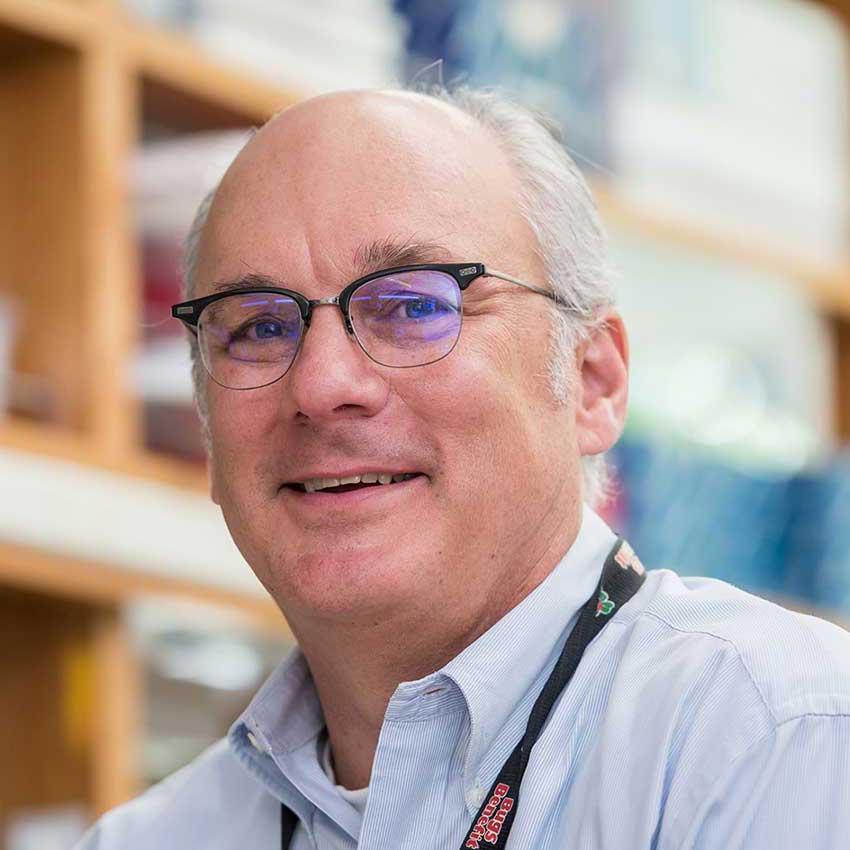Oakland Hospital Leads the West as Pioneer in Beta Thalassemia Drug Development
UCSF Benioff Children’s Hospital Oakland is the first hospital in the West to administer a newly approved gene therapy to treat beta thalassemia, a rare, genetic blood disorder that causes severe anemia, with a need for lifelong blood transfusions and the risk of fatal organ damage.
The Oakland hospital was one of three sites in the United States to host the trials for the Bluebird Bio therapy, which the U.S. Food and Drug Administration approved in August 2022. UCSF Benioff Oakland is now one of only 15 medical centers certified to provide the gene therapy Zynteglo and is among the first to treat a patient.
The 9-year-old Oakland patient received a single-infusion therapy on Aug. 15, 2023. If successful, the therapy could eliminate the need for further transfusions, enabling the child to produce healthy blood cells and lead a normal life.
“This new therapy could be a life-changer for beta thalassemia patients, who have required cumbersome and expensive, lifelong monthly blood transfusions,” said Mark Walters, MD, director of the pediatric Bone Marrow Transplant program at UCSF Benioff Oakland and chief of pediatric hematology at UCSF, who led the Oakland clinical trial.
“The reason gene therapy is so exciting is that each person is their own donor,” said Walters, a UC San Francisco professor of hematology. “We don’t have to look for a brother or sister or alternate donor – we can use the patient’s own blood stem cells.”
Healthy hemoglobin in 90% of patients
Beta thalassemia is considered one of the most common rare diseases in the U.S., affecting about 1,500 people nationwide. Because the disorder provides a natural resistance to malaria, it is widespread in areas of the world where malaria is prevalent and is most commonly found in individuals of Mediterranean, Middle Eastern and South Asian descent.
It is normally detected by newborn screening, with treatment beginning in infants as young as 6 months old to overcome having too few red blood cells to sustain life. Patients also require regular treatment to reduce high levels of iron that result from the transfusions, potentially impacting the function of their heart, liver and endocrine system organs like the pancreas and pituitary gland, which are needed for growth and development.
The therapy involves removing some of the patient’s blood stem cells and genetically engineering them to replace the defective gene that produces little or no hemoglobin – the protein used by red blood cells to carry oxygen to tissues throughout the body.
After the corrected stem cells are prepared in the lab, the patient receives a strong dose of chemotherapy to kill existing blood cells harboring the thalassemia defect and make room for the newly rejuvenated blood. The new stem cells are then injected into the patient’s bloodstream, where they travel to the bone marrow and produce healthy blood.
The process takes several months of close clinical monitoring to track the patient’s blood count and detect potential infections following chemotherapy.
In the clinical trial, which ended in March 2022, Walters and his colleagues found that the therapy produced healthy hemoglobin in 90% of patients. Since the trial ended, those patients have been able to discontinue other ongoing treatments for their condition.

“The reason gene therapy is so exciting is that each person is their own donor.”
MARK WALTERS, MD

